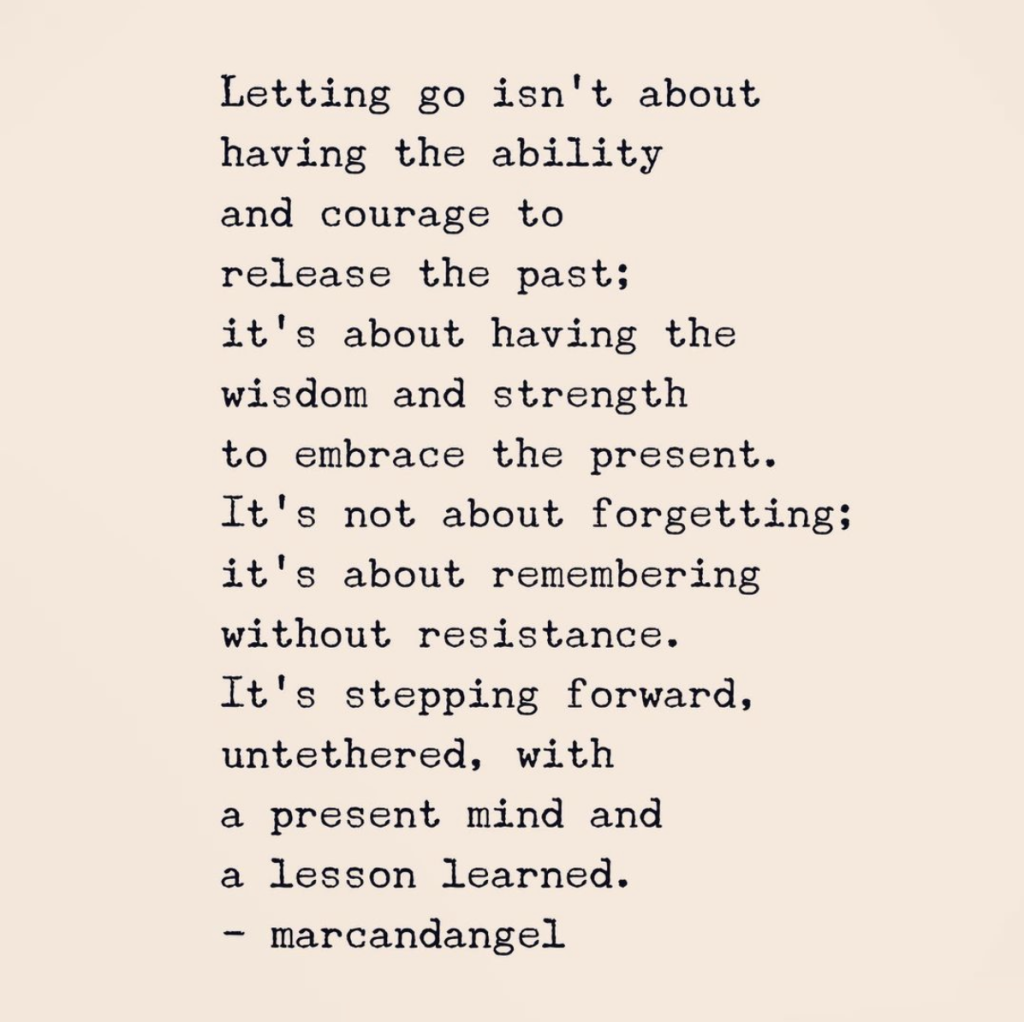When I was 30 I was promoted to the job of assistant dean at a college just outside of Boston. One of my colleagues, in advising me on how to successfully manage the layers of the job said, be prepared for your best laid plans to not go as expected.
I remember vividly where I was standing when she said this and that thinking that she clearly didn’t know me. She didn’t know that one of my strengths was being prepared. And that I was so organized there was little room for things to not go as planned.
I have never been more wrong.
I learned quickly that what she meant was that things, in fact, will not always go as planned. And the truly organized and prepared person not only embraces that, but allows room for it to happen.
In the work I do helping people minimize and organize so that they have time to do more of the things they want to do, and to become more of the person they deeply wish to be, it might sound counterintuitive to ask you to accept that your best laid plans might completely fall by the wayside.
But I strongly believe doing so will bring more fulfillment in the long run.
We all want to feel successful. And many think that success rests in everything you accomplish, without giving credence to being able to move through and persevere in the face of needing to pivot and change course. We don’t often see success as a long haul filled with things not going as planned.
Instead we put a lot of expectations on the idea of success. And as a result on ourselves to achieve it.
The idea that planning well will yield success is flawed, and gives a false sense of hope that all will work out exactly as you intend.
It is good to plan. But it is better to plan knowing you “can’t know that things will turn out all right.” (Oliver Burkeman, Four Thousand Weeks)
What do you do when the best laid plans fail?
First, it might be best to reframe the question. The better question to ask might be, “What can I do before my best laid plans fail?” Asking that allows you to more effectively continue to ride the wave of fluidity that is life.
The answer to that question is in letting go.
It is in letting go of the need to control the outcome. It is letting go of the need to feel secure about the future and knowing what it will bring.
The sooner we realize there is no such control to be had, the sooner we stop worrying. And the sooner we can stop reaching for an unattainable idea that there is a perfect way to do this thing we call life, and that we can control time and all the results of what we do with our time.
…The assumption that time is something we can possess or control is the unspoken premise of almost all of our thinking about the future, our planning and goal-setting and worrying. So it’s a constant source of anxiety and agitation, because our expectations are forever running up against the stubborn reality that time isn’t in our possession and can’t be brought under our control…The problem – the sources of all the anxiety – is the need that we feel to be able to know that those efforts will prove successful.” (Burkeman, Four Thousand Weeks)
If you want to create a life you love you must not only learn to let go. You must learn to accept that you will gain so much more in the act of doing so.
You will be:
less stressed and more focused.
less worried and more deliberate in your choices
certainly less cluttered and freer to do more
Make your plans. And let go of the need to have those plans go well as it is a need born of an underlying belief that if they do go well you will be more in control of what the future holds.
“You can never be truly certain about the future. And so your reach will always exceed your grasp.” (Burkeman)
When the best laid plans fail – as they might often do – remember they are there to serve as a guide to welcome change and uncertainty, as they are better indicators of what life has to offer.





